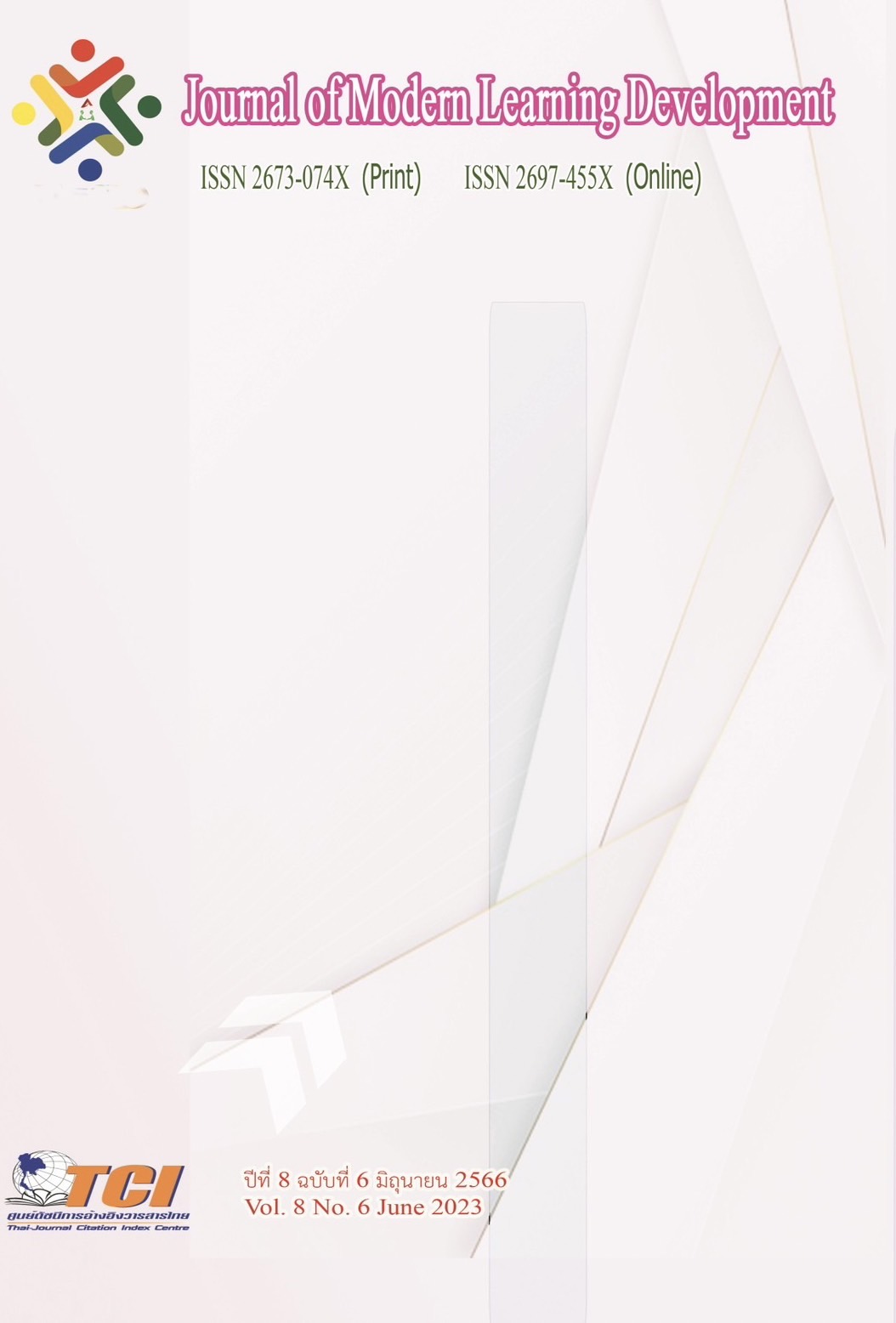Traditional Piano Teaching and Online Piano Teaching for Young Children in China
Main Article Content
Abstract
China's comprehensive development of quality education to promote early childhood initiation music education, in the "decision to deepen education reform to promote quality education." China's State Council has clarified that aesthetic education improves people's comprehensive literacy and cultivates sentiment. At the same time, for people, intellectual enhancement is a positive impact on the overall development of students and plays a role that cannot be ignored. As children start learning piano at a young age, they are often curious about new learning content at the beginning of their studies. However, as the difficulty of learning increases and the practice becomes tedious, most children will slowly show that they do not want to practice and are bored. This makes it difficult to continue learning piano; eventually, they have to give up learning. This article presents piano learning in both online and traditional methods in China.
Article Details
References
Bilhartz T. D., Bruhn R. A., & Olson J. E. (1999). The effect of early music training on child
cognitive development. Journal of Applied Developmental Psychology, 20(4), 615-636.
Cheek J. M., & Smith L. R. (1999). Music training and mathematics achievement.
Adolescence, (34), 759-761.
Flohr J. W., Miller D. C., & Debeus R. (2008). EEG Studies with Young Children. Music
Educators Journal, 87 (2), 28-54.
Hurwitz I., Wolff P. H., & Bortnick B. D. (1975). Nonmusical effects of the Kodaly music
curriculum in primary grade children. Journal of Learning Disabilities, 8(3), 167-174.
Lv, Q. (2000). Reflections on the music learning fever of children and teenagers. Journal
of Heilongjiang College of Education, (01), 101.
Qi, Y. (2011). Promoting students' physical coordination development through instrumental
music learning. Popular Literature and Arts, (20), 212-212.
Qin, Y. (2011). Effect of music learning on the cognitive development of 4–6-year-old children. China Conservatory of Music.
Wang D., & Zhong Y. (2008). The significance of early music learning for brain development
in children. Preschool Education: Early Childhood Education Edition, 48-49.
Wang, Y. (2015). An Investigation Study on the Effects of Music Learning on Children's
Metacognition. Northeast Normal University.
Wang, Z., & Zhang, S. School autonomy and parental involvement: A survey on the
attitude of elementary school teachers in Taitung County toward parental involvement in school education. Educational Reform. Proceedings of the International Symposium on Theory and Practice. Taipei. Taiwan Normal University.
Yang, H. (2016). A study on the effects of three different types of music training on brain
plasticity. University of Electronic Science and Technology.
Zhou, H. (1994). Motivation problems in children's piano learning. People's Music, (09), 36-38.


